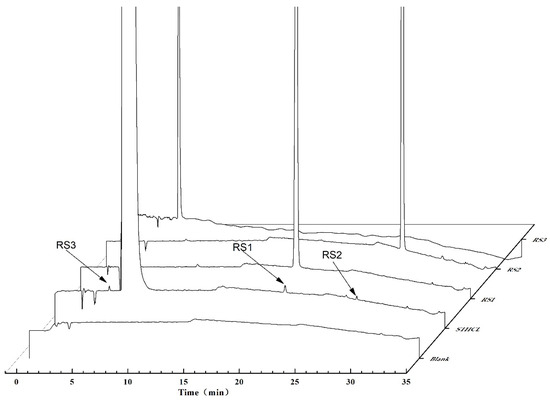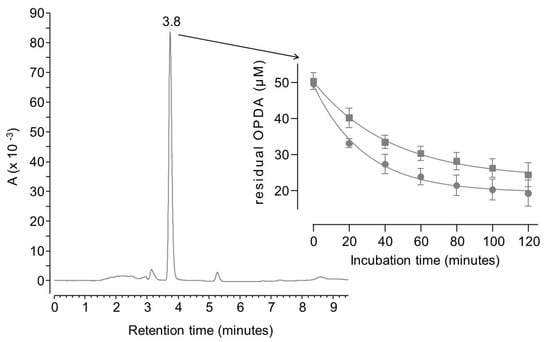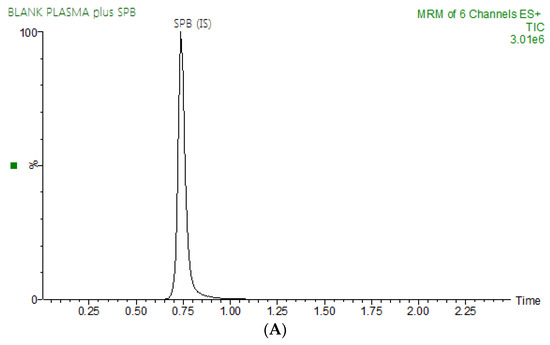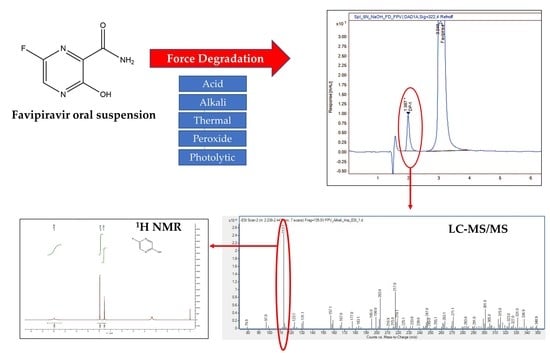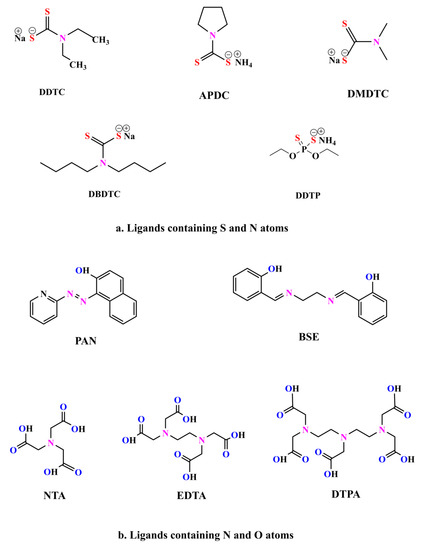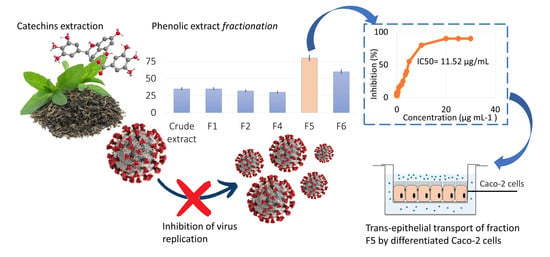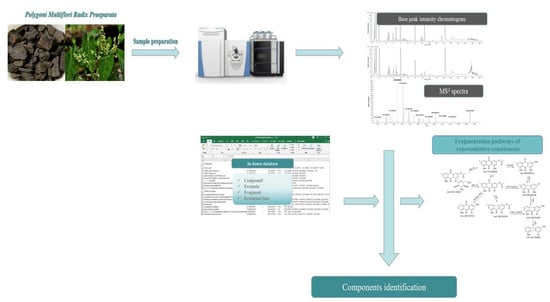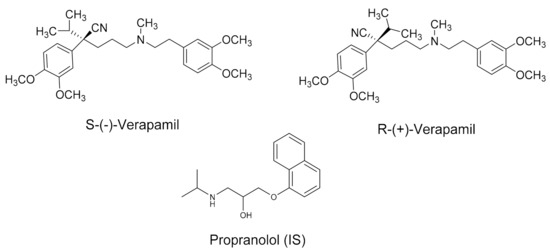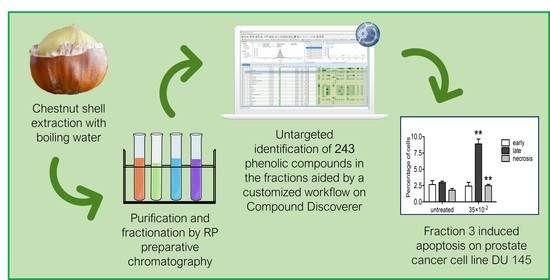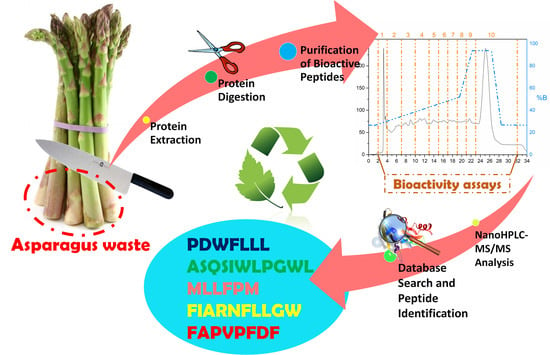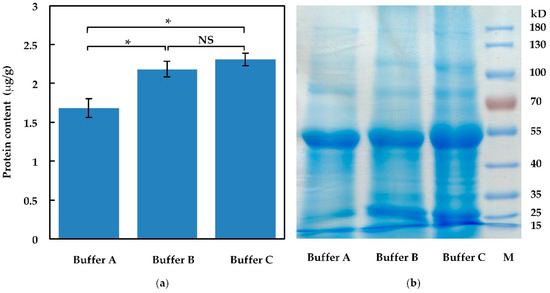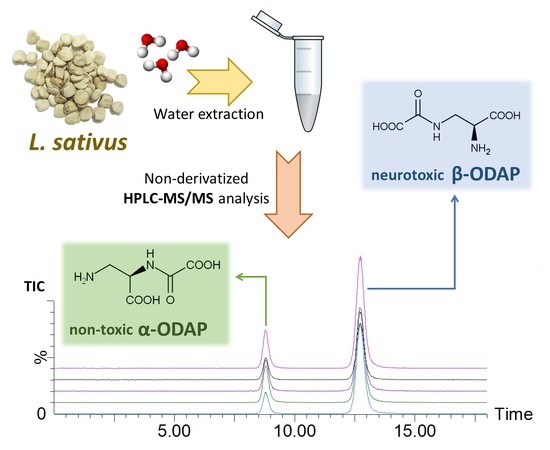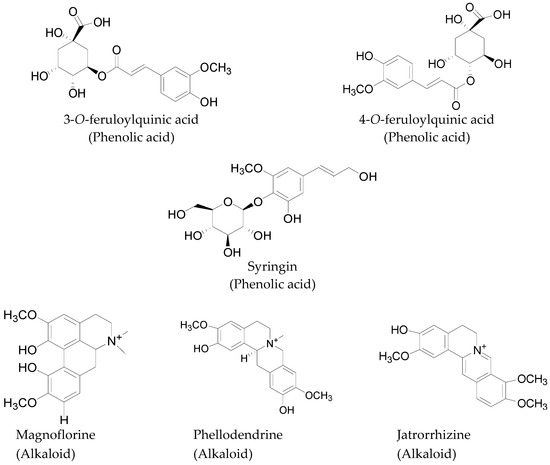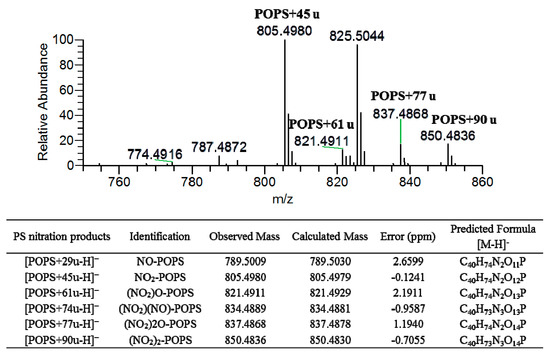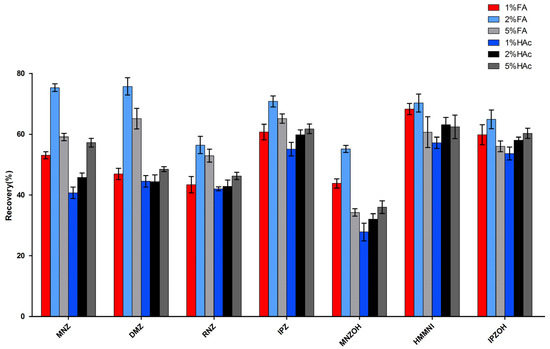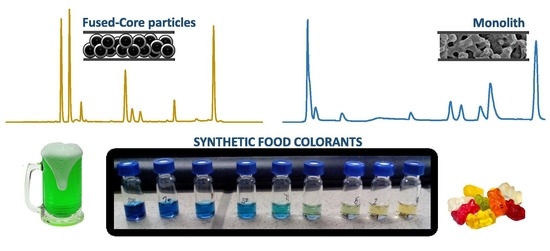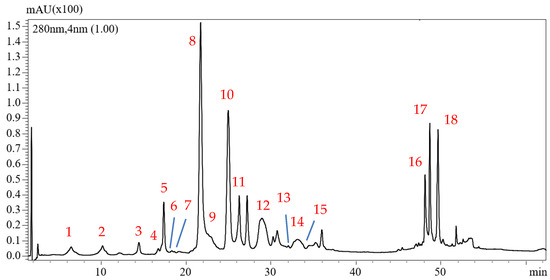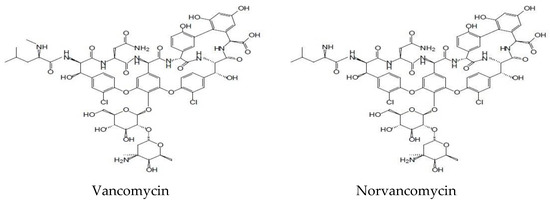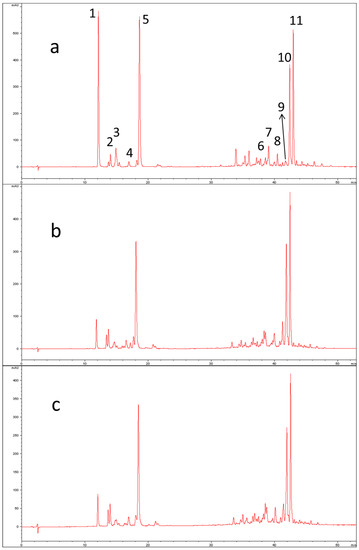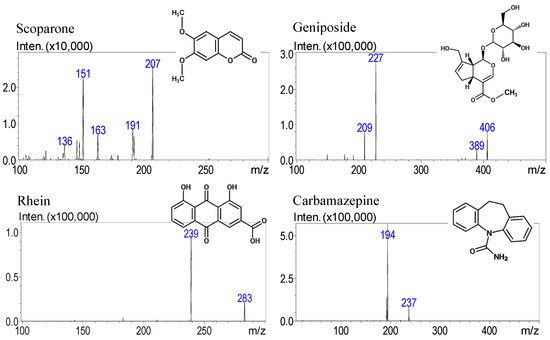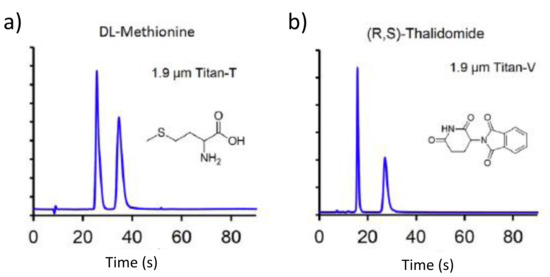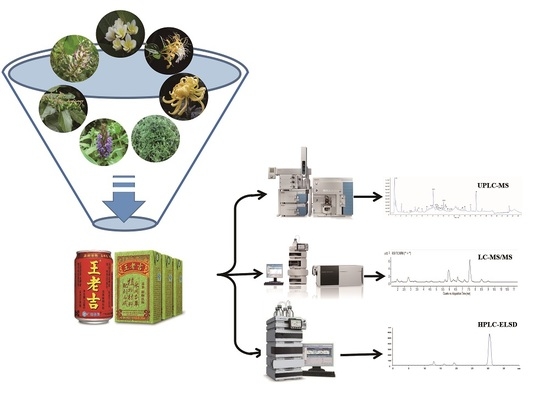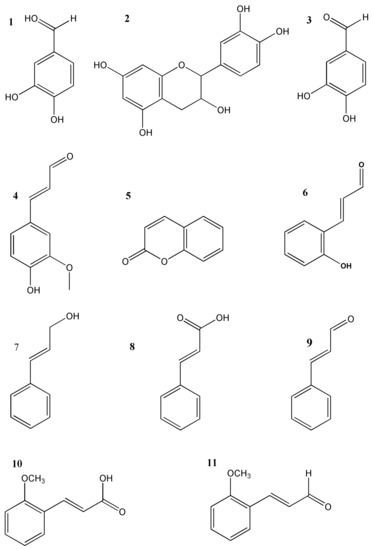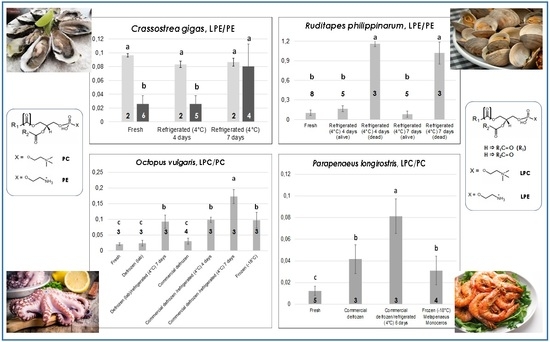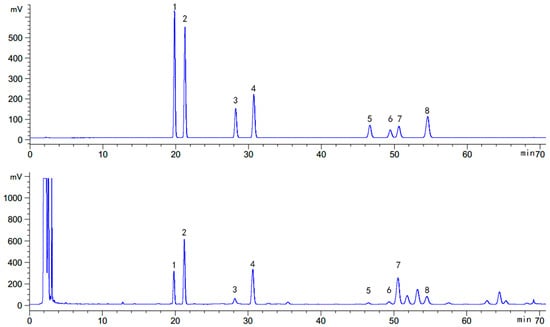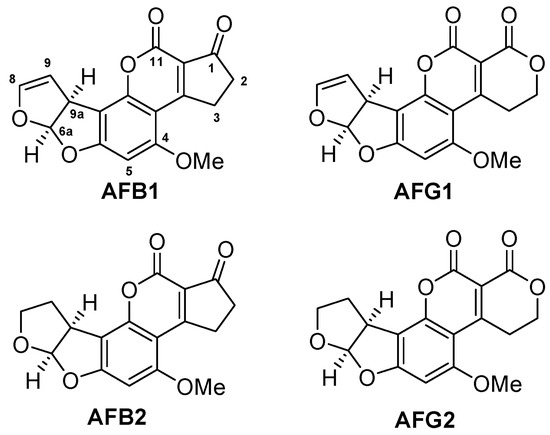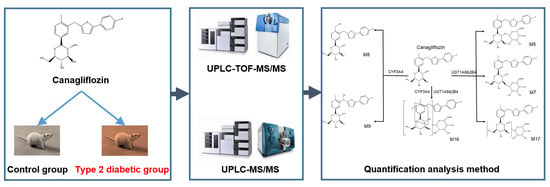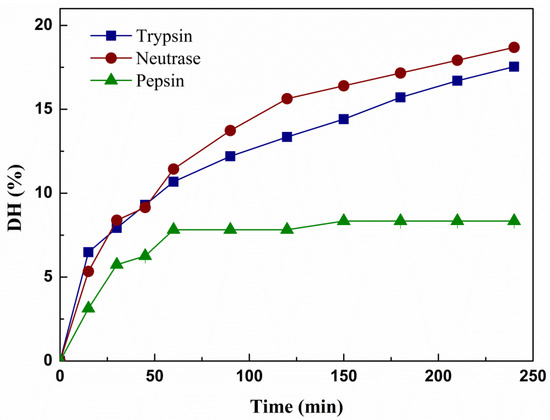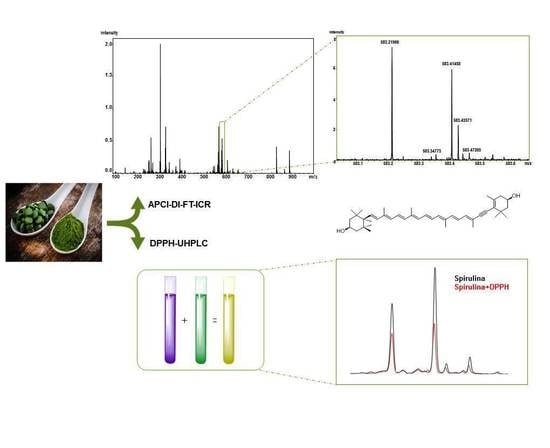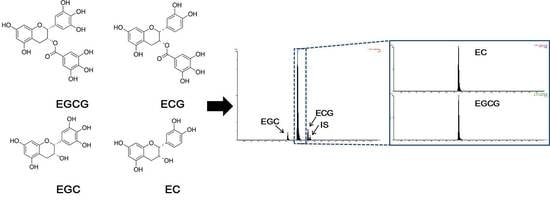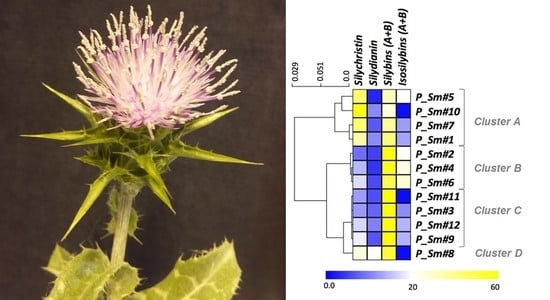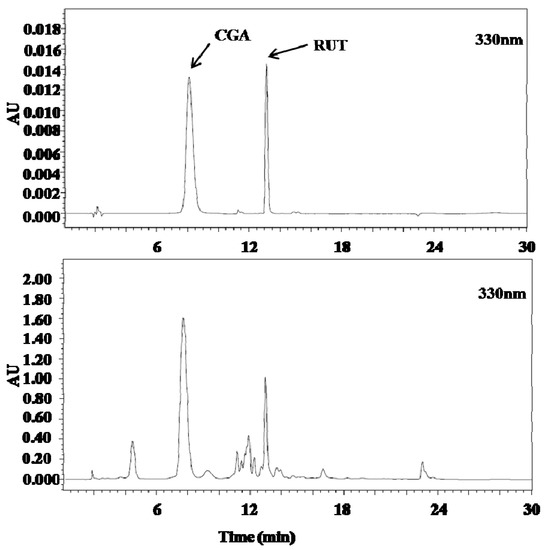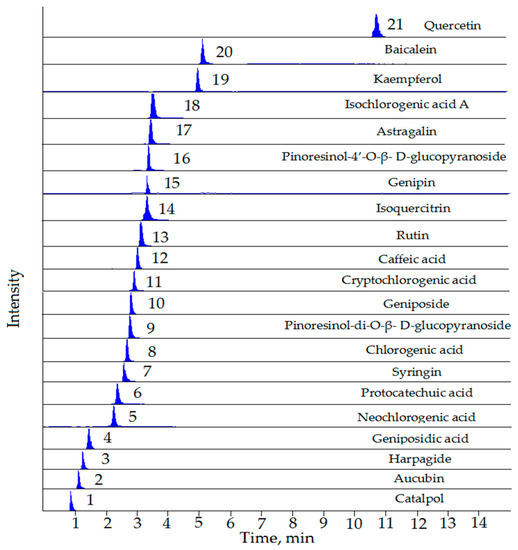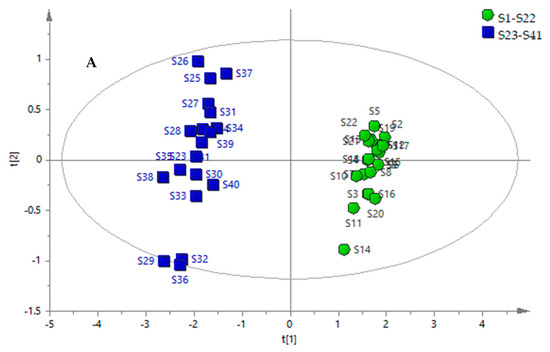Advances in Liquid Separation Techniques for Food and Pharmaceutical Analysis
A topical collection in Molecules (ISSN 1420-3049). This collection belongs to the section "Analytical Chemistry".
Submission Status: Closed | Viewed by 262097Editors
Interests: LC-MS/MS; natural bioactive compounds; gastrointestinal bioaccessibility; enzyme-assisted extraction; high added-value molecules from agri-food wastes and by-products
Interests: high-resolution mass spectrometry; hyphenated techniques; omics sciences; proteomics; peptidomics; food analysis
Special Issues, Collections and Topics in MDPI journals
Topical Collection Information
Dear Colleagues,
Today, the demand for highly efficient, selective, sensitive, reproducible and green analytical methodologies for complex sample preparation, fractionation and/or extraction of bioactive compounds, analysis and chemical characterization, requires continuous advances in separation media, adsorbent materials and detection techniques. All these aspects belong to analytical methodologies where liquid separation techniques play the major role.
The main aims of the present Special Issue on "Advances in Liquid Separation Techniques for Food and Pharmaceutical Analysis" belong to both fundamental studies and real case multidisciplinary investigations. Contributions to this issue, both in the form of original research or review articles, have the broad scope to illustrate recent and future trends of liquid chromatography and hyphenated techniques offering a clear vision and insights for new methodologies, improving instrumental performances and providing sensitivity and specificity.
Innovative approaches in the field of pharmaceutical sciences, cosmetics, nutraceutics, food chemistry, finalized to the extraction, characterization, purification and validation of chiral or achiral active pharmaceutical ingredients, and natural bioactive compounds from plants, are particularly welcome. Also of interest would be studies concerning molecules that are obtained from waste and re-used as secondary raw materials. Studies that involve UPLC, SFC and their hyphenation with mass spectrometry are also strongly encouraged.
Prof. Dr. Nicola Marchetti
Dr. Anna Laura Capriotti
Collection Editors
Manuscript Submission Information
Manuscripts should be submitted online at www.mdpi.com by registering and logging in to this website. Once you are registered, click here to go to the submission form. Manuscripts can be submitted until the deadline. All submissions that pass pre-check are peer-reviewed. Accepted papers will be published continuously in the journal (as soon as accepted) and will be listed together on the collection website. Research articles, review articles as well as short communications are invited. For planned papers, a title and short abstract (about 250 words) can be sent to the Editorial Office for assessment.
Submitted manuscripts should not have been published previously, nor be under consideration for publication elsewhere (except conference proceedings papers). All manuscripts are thoroughly refereed through a single-blind peer-review process. A guide for authors and other relevant information for submission of manuscripts is available on the Instructions for Authors page. Molecules is an international peer-reviewed open access semimonthly journal published by MDPI.
Please visit the Instructions for Authors page before submitting a manuscript. The Article Processing Charge (APC) for publication in this open access journal is 2700 CHF (Swiss Francs). Submitted papers should be well formatted and use good English. Authors may use MDPI's English editing service prior to publication or during author revisions.
Keywords
- HPLC-, UPLC-, SFC-MS
- Sample preparation
- Food bioactive compounds
- Active pharmaceutical ingredients
- Purification/extraction techniques
- Bioanalytics
- Nutraceutics








